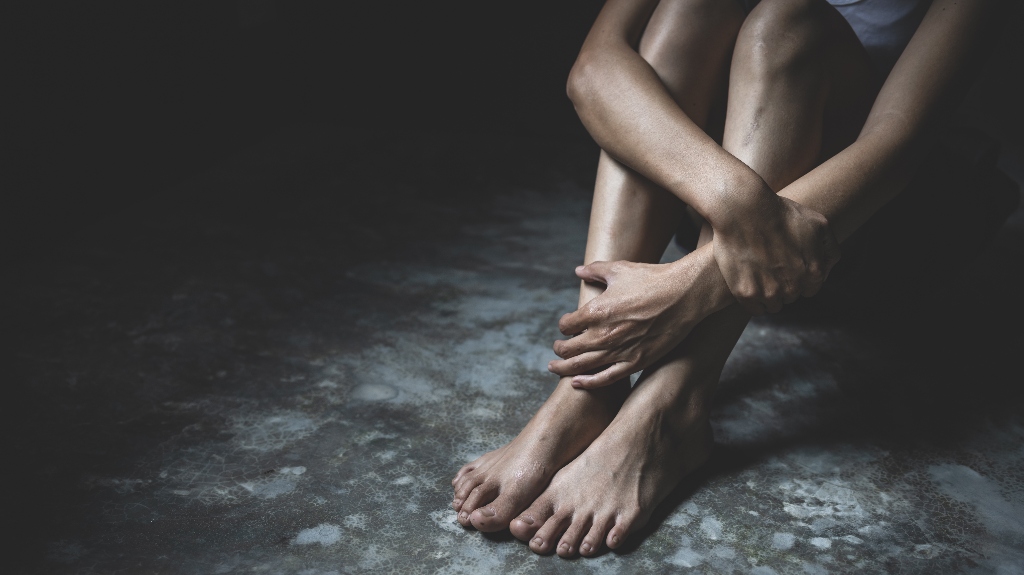
If you’re considering a sexual abuse lawsuit in Virginia, remember that no one should have to face this alone. It’s normal to feel overwhelmed or uncertain about what lies ahead. Taking legal action is a deeply personal and often emotional decision. But knowing what to expect can help you regain a sense of control and move forward on your own terms.
In Virginia, survivors can file civil lawsuits to hold abusers and sometimes institutions accountable. These cases can lead to compensation for the harm you’ve suffered, and they give you a voice outside the criminal justice system.
Civil vs. Criminal: Understanding the Difference
It’s important to understand that this is a civil case, not a criminal one.
Instead of trying to put someone in jail, a civil lawsuit is about holding the abuser, or a responsible institution, accountable in court. As the plaintiff, you’re seeking compensation for the harm you’ve experienced, whether it’s physical pain, emotional trauma, or financial loss.
A civil lawsuit can also be filed even if no criminal charges were brought or if the criminal case resulted in no conviction. Civil cases use a lower burden of proof, called “preponderance of the evidence,” instead of “beyond a reasonable doubt.”
Step 1: Meeting with an Attorney
The initial step usually involves consulting a lawyer who specializes in sexual abuse cases. This conversation is confidential and judgment-free. A good attorney will listen, explain your legal options, and help you decide whether filing a lawsuit is right for you.
At Hollingsworth PLLC, we take the time to answer your questions, review the facts, and guide you through every step. If we move forward, we can begin gathering records, identifying potential defendants, and evaluating damages.
Step 2: Filing the Complaint
Once the case is ready, your attorney files a formal complaint with the court. This document outlines who you are suing, what happened, and what compensation you’re seeking.
Virginia allows you to bring a civil sexual abuse claim against both individuals and institutions, such as schools, churches, or employers, if they were negligent in allowing the abuse to occur or failed to prevent it.
Step 3: The Statute of Limitations in Virginia
Timing is very important. Virginia law has specific deadlines for filing civil sexual abuse claims. In most cases, you must file within two years of the incident of abuse. For survivors who were minors, the window extends to 20 years after turning 18.
Certain exceptions may apply depending on the facts, especially if the abuse was repressed or concealed. Your attorney can help determine whether the statute of limitations has expired or if an exception allows more time.
Step 4: The Discovery Process
After the lawsuit is filed, both sides begin “discovery.” This is the information-gathering phase, during which attorneys exchange documents, take depositions, and interview witnesses.
This phase can be emotionally challenging, as you may need to answer questions under oath. But your attorney can prepare you and protect your rights every step of the way.

Step 5: Settlement or Trial
Many sexual abuse lawsuits settle before reaching trial. Settlement offers a faster resolution and can spare survivors from having to testify in court. However, if a fair agreement isn’t possible, your case may proceed to trial.
At trial, your attorney can present evidence and argue your case before a judge or jury. If successful, you may receive compensation for medical bills, therapy, lost income, and pain and suffering.
You’re Not Alone. We’re Here to Help.
At Hollingsworth PLLC, we stand with survivors. If you’re considering a sexual abuse lawsuit in Virginia, we’re here to guide you with compassion, discretion, and strength.Your story matters, and the law gives you the right to be heard. Contact us for a confidential consultation. Let’s talk about your next steps.

